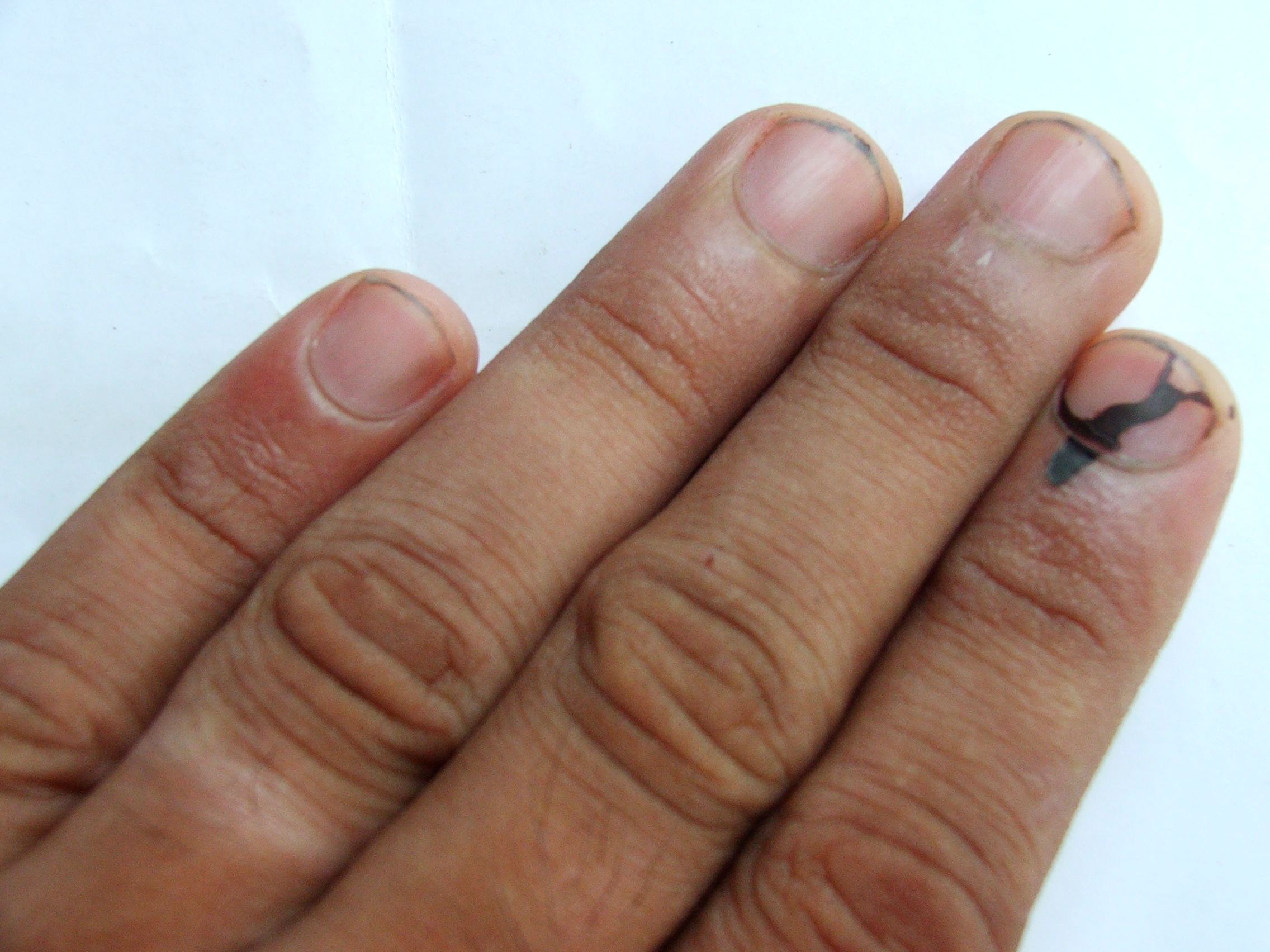“Youth participation in Sri Lanka’s democracy”
August 30 Young people are deeply affected by politics, but too often are not engaged in the process, writes Tiloma Chandrasekera, 27, a Correspondent from Colombo in Sri Lanka, as she argues for more youth involvement.
Young people are deeply affected by politics, but too often are not engaged in the process, writes Tiloma Chandrasekera, 27, a Correspondent from Colombo in Sri Lanka, as she argues for more youth involvement.
Date: 17th August 2015 – Time:14:16 hrs – Place: somewhere in Colombo
In less than two hours, voting will conclude for the general election in Sri Lanka. By now the majority of the country has decided on the person they want to represent their voice through the country’s legislature.
Being a young person nearing the end of her “20-something”, I have often heard young people say that politics bore them; that they despise the political monoliths that have dominated the country over the years and through the lives of their parents.
Indeed it is difficult to find a young person actively interested in politics in Sri Lanka. Some of you may disagree with me and point out the considerable youth participation in this year’s January 8th presidential elections as inarguable evidence that needs to be taken into account. What we need to keep in mind is that when addressing young people, young people – like toddlers – get easily bored. This is one reason most companies target young people in marketing their products.
The best example for this is social networking sites. Trend is the most operative word in the generation of young people, who I would like to term as the “hashtag generation”. I believe young people in Sri Lanka exercised their civic rights for “change” in early January this year. We are yet to see (or by the time you read this article you would see), how far the same “trend” would apply to the general election that was held this month.
It is not a secret that the majority of young people who are interested in politics are the offspring of politicians in Sri Lanka, campaigning for their families. At the end of such an exercise they, too, possess the desire to be a part of politics in Sri Lanka. This has been the “trend”. Evaluating the political history of Sri Lanka after it gained its independence in 1948, we can observe a pattern of family politics, so much so that it is what “such young people” inherit. Thus the remaining portion of young people leaves the realm of politics up to those who inherit their self-proclaimed birth right.
But do the majority of young people pause to wonder why we leave our future in the hands of those we elect? That it should be a democratic process where political inheritance should play little or no part?
As I recall the January 8th election, I cannot help but remember the number of pictures that were posted on social networking sites that young people uploaded to “share” in their respective networks as evidence of having exercised their civic rights. There were many of those who openly declared their partiality to party politics. You cannot help but wonder how transparent young people have become in the social networking era. But if you consider the actual candidates that they root for, you wonder if young people are proportionately represented. This is a serious concern in Sri Lanka, as you do not see concrete levels of youth participation beyond the boundaries of “trends” or conferences inside air-conditioned rooms where they share tea and biscuits.
No matter what the outcome of this general election in Sri Lanka turns out to be, young people will continue to be poorly represented until such time they decide to demand a healthy representation in democratic governance and start believing in Aristotle: “Man is by nature a political animal”.
Photo credit: http://mrg.bz/PDxWP2
………………………………………………………………………………………………
About me: I am an Attorney-at-Law and lecturer with a diverse legal practice. Whilst practising predominantly in the field of industrial relations and employment, I also handle commercial litigation, arbitration, and appeals. Presently I am a Master’s Candidate in Human Rights at the University of Colombo. My interest areas include youth empowerment and democratic participation.
In the future, I plan to continue further studies and practice as a counsel. Words I live by, are “Carpe diem”.
…………………………………………………………………………………………………
Opinions expressed in this article are those of the author and do not necessarily represent the views of the Commonwealth Youth Programme. Articles are published in a spirit of dialogue, respect and understanding. If you disagree, why not submit a response?
To learn more about becoming a Commonwealth Correspondent please visit:
http://www.yourcommonwealth.org/submit-articles/commonwealthcorrespondents/
…………………………………………………………………………………………………




